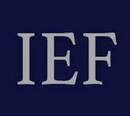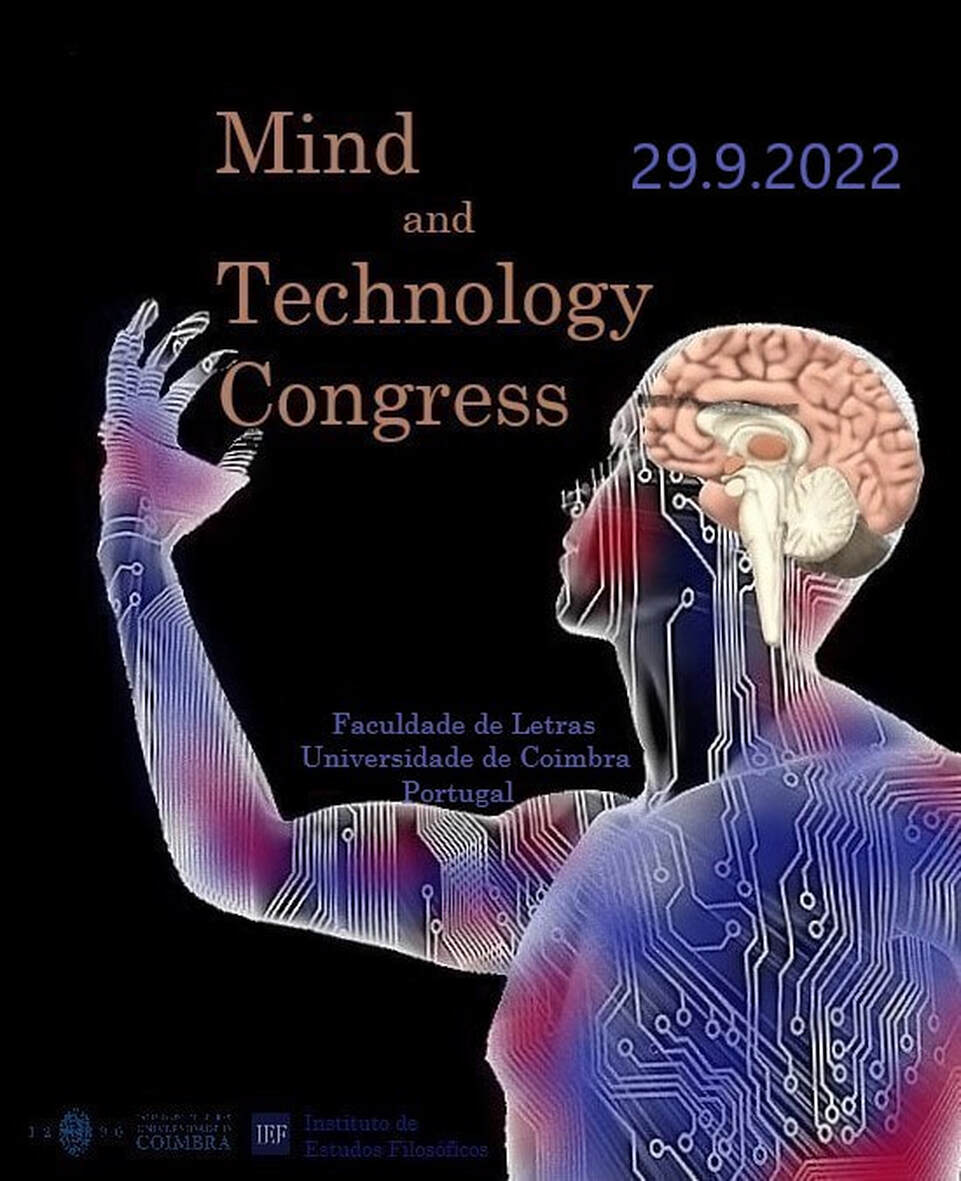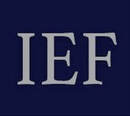In the last decades, the study of the mind has been on the academic agenda of several areas of research. From philosophy of mind to neurosciences, studies have allowed the emergence of different definitions and different theories ranging, roughly speaking, from dualism to physicalism, with more or less moderation (or if one prefers, naturalization) and making use of multiple metaphors and illustrations.
At the end of the 20th century, the 1990s, considered the decade of the brain, further reinforced the interest in this relationship between mind and brain and allowed to cement and extend the study of the mind to other areas (ranging from neuroethics to neuromarketing or neuropolitics) . Alongside this interest, digital technology continued to advance and in recent decades neurotechnology has allowed the reflection to expand exponentially. In this particular, the dialogue began to be held with areas that until then seemed foreign to philosophical reflection, such as computer engineering, biotechnology, quantum physics, mathematics, among others.
The emergence of reinstating the debate due to the rapid development of technology, especially artificial intelligence (and machine learning), also led to the recovery of some of the theories ranging from the mind–body problem to the computational theory of the mind, to the ultimate questioning about reality and the human world - or, what does it mean to be human in a digital world.
In this complex framework of issues, several suggestions of analysis are possible, such as: conscious and cognitive experience in relation to digital technology, the role of artificial intelligence in artistic creation, the replacement of the question of the exclusivity of human mind, mental experiments as validation of computational models of the mind, emotions and the intimate experience lived in the virtual world, the role of biotechnologies in the perfection of the human (posthumanism) or the doubts that the Anthropocene raises, among many other topics.
This event seeks, through world-renowned researchers and philosophers, on the one hand, to clarify the state of the art based on the relationship between mind and technology, and on the other hand, to reveal new approaches about this relationship and the consequences for our future.
At the end of the 20th century, the 1990s, considered the decade of the brain, further reinforced the interest in this relationship between mind and brain and allowed to cement and extend the study of the mind to other areas (ranging from neuroethics to neuromarketing or neuropolitics) . Alongside this interest, digital technology continued to advance and in recent decades neurotechnology has allowed the reflection to expand exponentially. In this particular, the dialogue began to be held with areas that until then seemed foreign to philosophical reflection, such as computer engineering, biotechnology, quantum physics, mathematics, among others.
The emergence of reinstating the debate due to the rapid development of technology, especially artificial intelligence (and machine learning), also led to the recovery of some of the theories ranging from the mind–body problem to the computational theory of the mind, to the ultimate questioning about reality and the human world - or, what does it mean to be human in a digital world.
In this complex framework of issues, several suggestions of analysis are possible, such as: conscious and cognitive experience in relation to digital technology, the role of artificial intelligence in artistic creation, the replacement of the question of the exclusivity of human mind, mental experiments as validation of computational models of the mind, emotions and the intimate experience lived in the virtual world, the role of biotechnologies in the perfection of the human (posthumanism) or the doubts that the Anthropocene raises, among many other topics.
This event seeks, through world-renowned researchers and philosophers, on the one hand, to clarify the state of the art based on the relationship between mind and technology, and on the other hand, to reveal new approaches about this relationship and the consequences for our future.
|
Scientific Commission :
Adelaide S.F. da Costa (Faculty of Medicine-University of Oporto) Ana Branca Soeiro de Carvalho (ESTGL/Politécnico Viseu) Catarina Rebelo (Inst. for Philosophical Studies-Universitu of Coimbra) Luís Umbelino (Faculty of Arts and Humanities-University of Coimbra) Mário Santiago de Carvalho (Faculty of Arts and Humanities-University of Coimbra) Patrícia Gouveia (Faculty of Fine-Arts-University of Lisbon) Paulo Alexandre e Castro (IEF-University of Coimbra) |
Take part. We are waiting for you! (Fully online event!) Organization: Instituto de Estudos Filosóficos & Mário Santiago de Carvalho (Faculty of Arts and Humanities-University of Coimbra) Paulo Alexandre e Castro (IEF-University of Coimbra) Catarina Rebelo (IEF-University of Coimbra) Robert Junqueira (IEF-University of Coimbra) |




